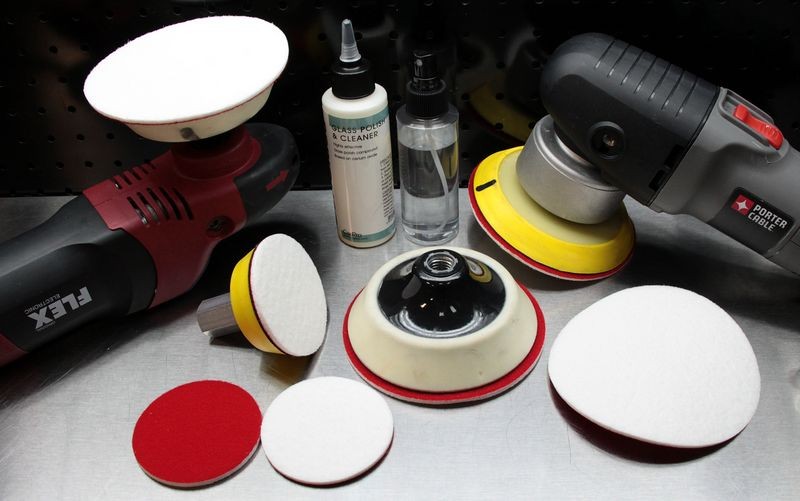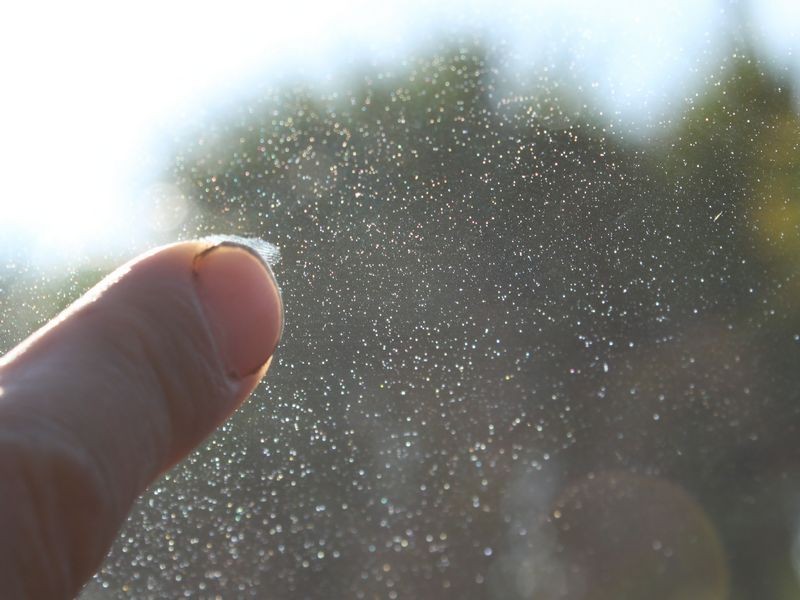hyperbolic
New member
- May 13, 2019
- 5
- 0
Hi Mike
I know you have addressed water spots and their types on other threads but I'm wondering if you have any posts on how to remove them from glass?
I have an older vehicle, and these spots have baked on in the Florida sun with all the salt and everything else by the beach, presumably for years. I haven't been able to get them off with vinegar, and I'm wondering since glass is not paint, if there is anything stronger to take them off with? Should I try M47? What if they don't come off with that and have etched the glass? A car restoration company suggested rubbing compound, and that it would leave small scratches that would not be visible. I'm scared to do that.
Thanks for sharing your knowledge and experience!
I know you have addressed water spots and their types on other threads but I'm wondering if you have any posts on how to remove them from glass?
I have an older vehicle, and these spots have baked on in the Florida sun with all the salt and everything else by the beach, presumably for years. I haven't been able to get them off with vinegar, and I'm wondering since glass is not paint, if there is anything stronger to take them off with? Should I try M47? What if they don't come off with that and have etched the glass? A car restoration company suggested rubbing compound, and that it would leave small scratches that would not be visible. I'm scared to do that.
Thanks for sharing your knowledge and experience!

